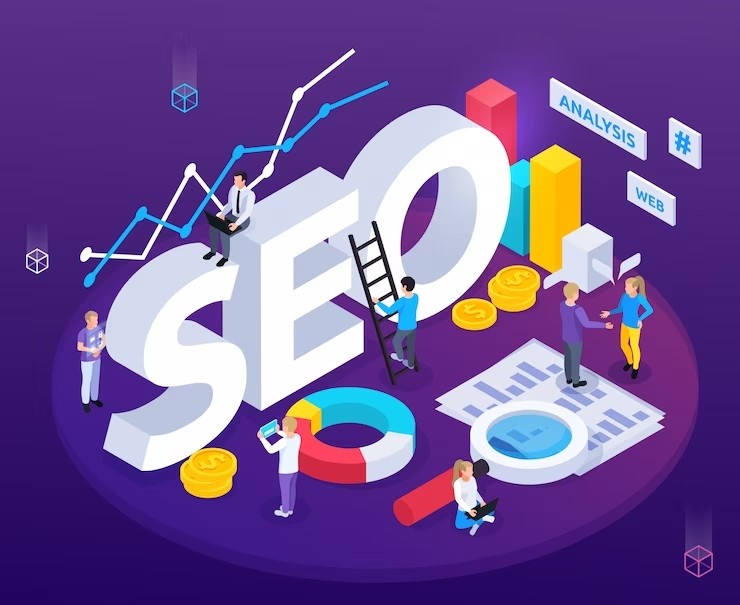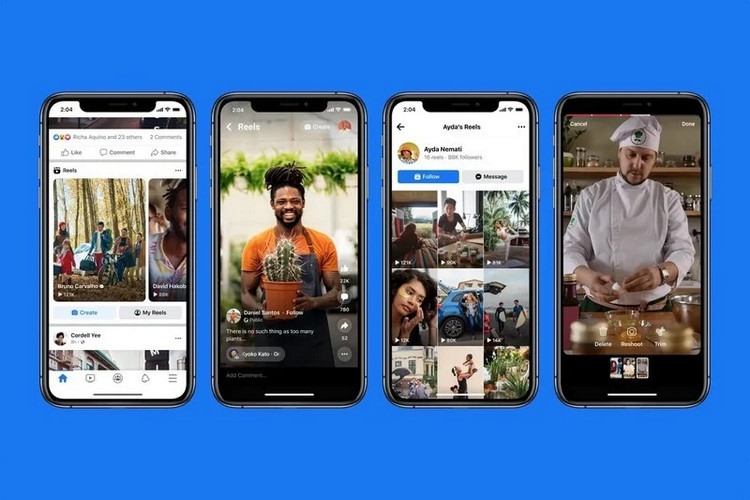
For many years, marketing has been a major aspect of the company, and it has become even more important with the development of technology. Businesses now can reach a wider audience and generate more leads, thanks to the growth of digital marketing. But choosing a course of action might be challenging given the abundance of possibilities. Should you choose paid or organic marketing?
To make an informed decision, it’s critical to comprehend how the two differ because each has its own set of benefits and drawbacks. We’ll explore the realm of organic marketing vs. paid marketing in this blog and provide you with all the information you need to make the best decision for your company.
Online product or service promotion can be done in two main ways: organically and through paid advertising. As a business owner, you want to connect with your target audience and grow your client. You now mainly have two choices due to the development of digital marketing: sponsored marketing and organic marketing. While each has benefits and drawbacks, it’s essential to identify the differences between them in order to choose your marketing plan wisely.
ORGANIC MARKETING
Search engine optimization (SEO), content marketing, influencer marketing, social media marketing, and email marketing are all examples of non-paid promotional strategies known as “organic marketing.” Providing valuable and pertinent material to the target audience is the main objective of organic marketing to build a devoted following and establish a brand’s reputation.
Any marketing activities that are unpaid and free are referred to as organic marketing. This can include social media, search engine optimization, content marketing, and other online interactions. With organic marketing, you may draw website visitors and have meaningful interactions with them without having to pay for each one.
-Advantages
- Cost-effective – Reaching your target audience with organic marketing is a cost-effective strategy. You can spend your funds on other parts of your organization as you don’t have to pay for advertisements or promotions.
- Long-term advantages – Unlike paid marketing, organic marketing offers advantages over the long term. Your brand will become more noticeable and recognizable when you produce high-quality content and interact with your audience on social media. Over time, this results in elevated brand awareness and enduring client loyalty.
- Trust – Consumers are more likely to have faith in brands they come across naturally. You develop a relationship with your audience and earn their trust when you interact with them and give them useful information.
-Disadvantages
- Time-consuming – Organic marketing is time-consuming and labor-intensive. It relies on the audience finding the content. Regular content creation and publication are required, as its interacts with your audience via social media and search engine optimization of your website.
- Slower outcomes – Compared to paid marketing, organic marketing takes longer to produce results. To notice a significant boost in traffic and conversions as a result of your organic marketing efforts may take months or even years.
PAID MARKETING
On the other hand, paid marketing describes the use of paid strategies to advertise a good or service, including pay-per-click (PPC) advertising, social media advertising, and display advertising. Paid marketing typically expands your audience more quickly and effectively, but it comes with financial costs.
Any marketing activities that you must pay for, like internet advertisements, paid social media promotions, and pay-per-click marketing, are referred to as paid marketing. Without having to wait for organic growth, paid marketing aims to swiftly and efficiently reach your target demographic. Paid marketing gives the advertiser more control over the placement and timing of the ad.
-Advantages
- Quick outcomes – With paid advertising, you may instantly see results, it can reach a larger audience within a few days or even hours of initiating your campaign so you can reach your target audience.
- Targeted audience – Paid marketing lets you focus on demographics and interests to contact your ideal clients.
- Measurable results – Paid marketing offers quantifiable outcomes, and immediate and measurable results, allowing you to assess the performance of your campaign and make any modifications.
-Disadvantages
- Cost – Paid marketing can be pricey, especially if you’re aiming for a large audience. You can find yourself blowing your budget on advertisements and promotions.
- Short-term benefits – pay-for-performance advertising offers quick gains. Your reach and conversions will probably decline once your campaign is over.
CONCLUSION
Finally, there are benefits and drawbacks to both sponsored and organic promotion. Your business’s goals, budget, and target market will determine the ideal strategy. For your company to have the best results, think about combining paid and organic marketing.
Both organic and paid marketing have their own advantages and disadvantages and the best approach will depend on the specific needs and goals of the business. In many cases, a combination of both organic and paid marketing can be the most effective way to reach a wider audience and achieve marketing goals.













